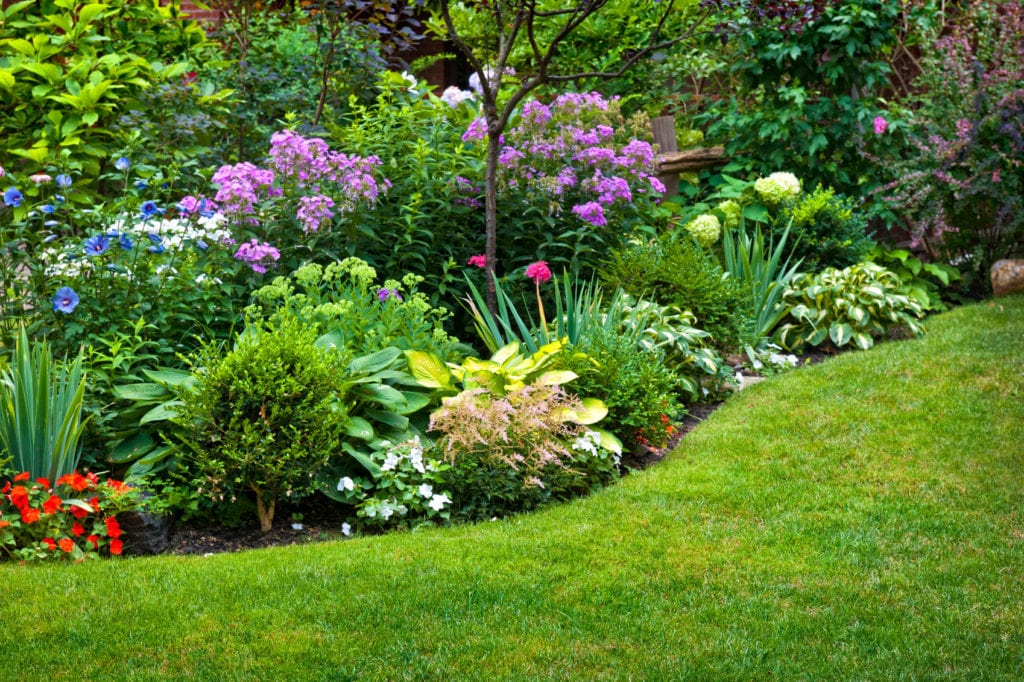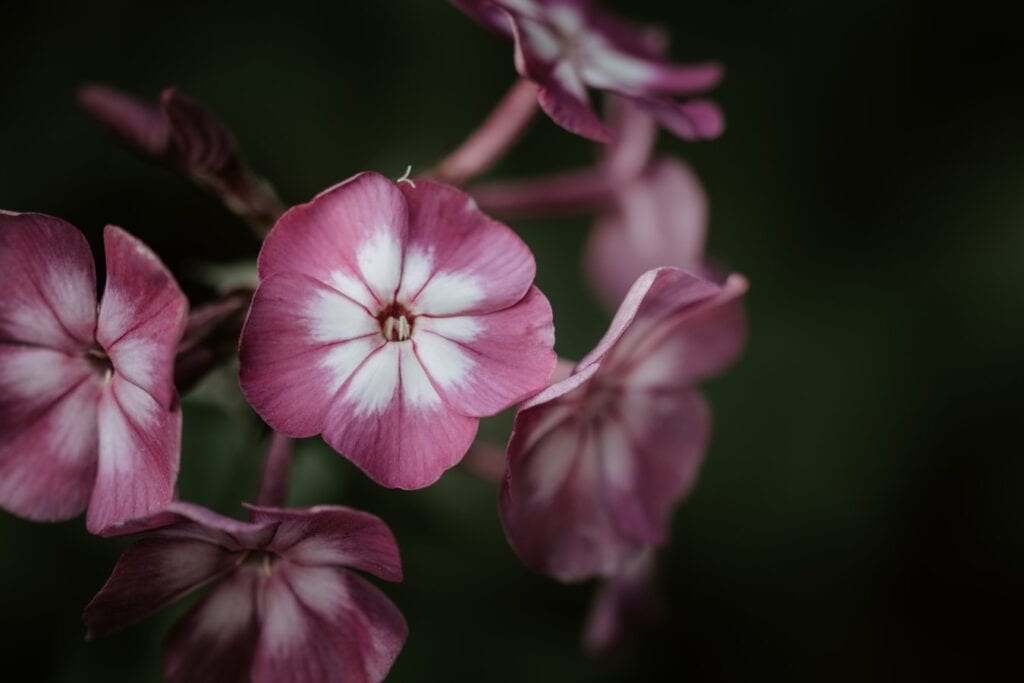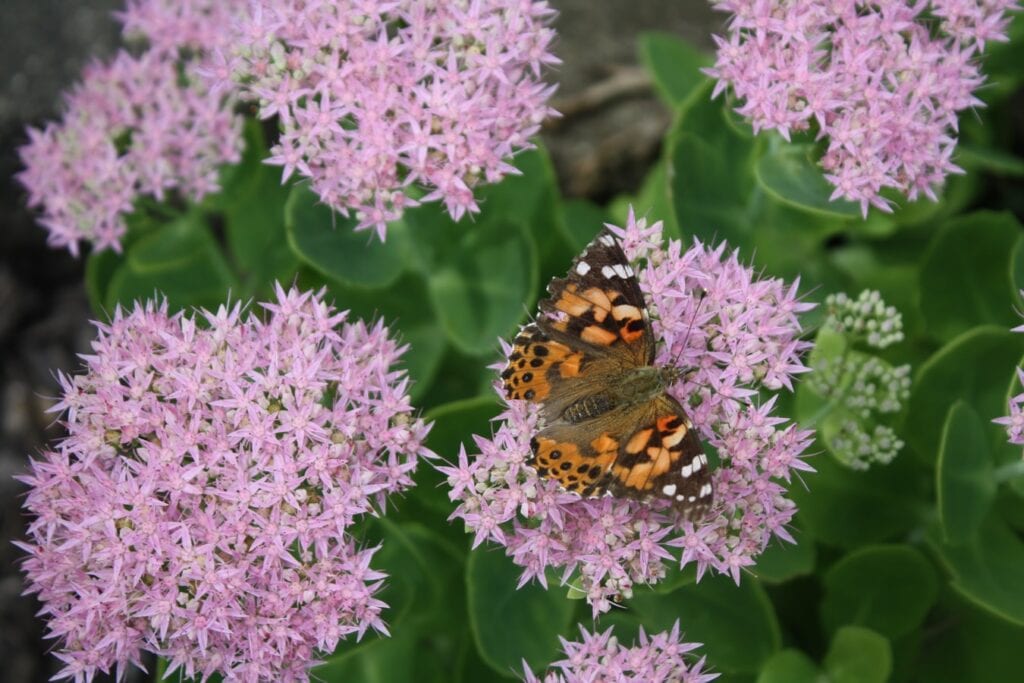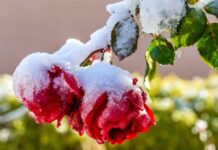For every gardener, there is actually one or two or three plants that they must have faced some difficulty with over the years and these types of plants is likely to include unruly perennials is what we describe as a mistake when we end up planting in our garden. Perennials are types of plants which find it very easy to come back year after year but the fact is they would cause you a lot of headache when they do. This is why we are bringing you this article “what are the perennials you should avoid planting”. This would help you learn from mistakes made by other gardeners.
Interesting Read – How To Attract Monarch Butterflies Into Your Garden
Are There Perennials That You Can Actually Avoid

If you are a plant lover or a gardener, it is quite disturbing to come to the terms that there are some kinds of plants that you should not consider growing in your garden and in some cases, it is mostly because of the fact that it would not do well in certain locations. Take for example, growing a succulent plant in an area that is waterlogged would cause nothing but serious problems for any gardener. Also, there are perennials that you can never fall in love with no matter the condition or location.
There are perennials that you would plant and they would end up taking up over and grow out of control. Such perennials would require you to do a lot of pruning or your garden would end up looking unruly and filled with mess. Other types of perennials end up becoming dangerous and toxic and also turning invasive which could lead to risking the rooting out of native plants that are in that area.
Trendy Post – How To Use A Handheld Seed Spreader
What Are The Perennials You Should Avoid Planting

Before planting a perennial in your garden bed or yard, it would require you to carry out some research to avoid lots of issues. There are lots of perennials that you should look away from or it would cause you to regret getting involved with it in the first place and listed below are some of the perennials that you should not consider planting with some reasons to back it up.
- Aloe Vera – Aloe Vera is actually a good plant only if there are not pets around and despite the fact that they have succulent leaves which your dogs would like to chew, these leaves are very toxic and might kill your pet.
- Mint – Everyone loves herbs and mints are quite easy to grow coupled with the fact that it comes in numerous varieties. It would however be the death of your garden if you end up growing it because it would overrun your garden that is why it is preferable to grow them in pots.
- Water Hyacinth – This is another perennial plant that is invasive and this is a popular aquatic plant. The danger of having this plant is it would end up choking plants in your garden and also choking any fish it comes in contact with.
- Amaranthus – This is actually a perennial plant that would pose a lot of threat to allergy sufferers. This is because the Amaranthus plant is known for its large production of pollen.
- Yucca – Growing this plant in your garden would require lots of effort but it offers no worth. Constant removal of dead leaves is the only way to ensure that this plant is tidy and it would also require you to dig deep if you make up your mind to get rid of it.
- Japanese Berries And Mimosa – These two plants are actually nice plants but the problem with both plants is their invasive nature. If you are truly concerned about your environment and native plants then these two plants listed above are what you should avoid. They don’t limit their spreading to your yard but they are carried by birds as far as to landscapes. Barberry are also known for carrying lyme disease.

Perennials are actually not bad in all environments so you should observe your area before making a final decision. You can also check with your local extension office to tell how a perennial plant would fare in any environment.
What are the perennials that you should avoid planting? We are hopeful that as you have read through this review thoroughly, you would have a better idea on what to plant in your garden and not as well as how to care for your environment and native plants.
Related Review – Time For Spring Garden Cleaning






